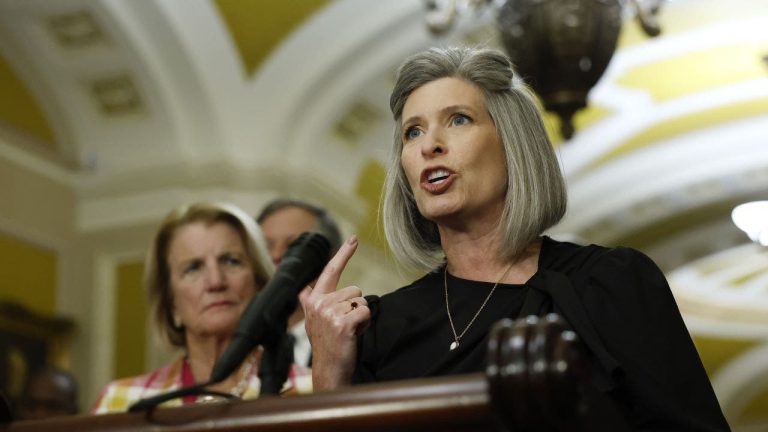
The Treasury recently confirmed that HM Revenue and Customs (HMRC) started writing to older people whose National Insurance (NI) records may be affected by missing periods of Home Responsibilities Protection (HRP) in September 2023, inviting them to apply to fill potential gaps to ensure they receive the correct amount of State Pension.
Financial Secretary to the Treasury, Nigel Huddleston MP also told the Commons that HMRC is working with the Department for Work and Pensions (DWP) to find people affected by the historic administration error over the next 18 months so that those eligible to receive any arrears payments as quickly as possible.
Some 210,000 older people – mostly women – are due a share of underpayments totalling £1.3 billion, equivalent to around £5,000 each. DWP has also previously said that those closest to the State Pension age in their 60’s and 70s are being issued letters first, however, anyone who thinks they may have been affected can check their eligibility online using the self-identification tool online.
Mr Huddleston MP told MPs that the main cause of the issue was that NI numbers were not always recorded when people claimed Child Benefit before 2000.
The UK Government has estimated that around 210,000 individuals may have been affected by missing periods of HRP between 1978 and 2000, reports the Daily Record.
He explained that HRP was a scheme that ran from April 6, 1978 to April 5, 2010. It helped people with caring responsibilities get the full Basic State Pension by reducing the number of qualifying years of National Insurance contributions they needed.
He said: “The main cause of the issue was that National Insurance numbers were not always recorded when customers claimed Child Benefit before 2000. The UK Government have estimated that around 210,000 individuals may have been affected by missing periods of Home Responsibilities Protection.”
“HMRC and DWP are working together to correct cases as quickly as possible. HMRC started contacting potentially impacted customers from September 2023, prioritising those above State Pension age. They aim to identify and contact the majority of individuals who may have been affected over the next 18 months so that those eligible receive any arrears payments as quickly as possible.”
He continued: “To correct this issue, potentially impacted customers will be invited to check their eligibility and make an application to HMRC for Home Responsibilities Protection. To help individuals determine their eligibility, a self-identification tool is available on www.gov.uk.”
“Where an application is successful, those with a State Pension impact will have their award corrected and any arrears paid.”
He added that HMRC and DWP will also conduct a wider campaign to ensure that all those who may be eligible are aware of the correction exercise.
Before applying, folks can learn more about Home Responsibilities Protection, check if they’re eligible and find the application form online at GOV. UK.
In 2020, the DWP realised that some people hadn’t had their State Pension increased as it should have been by law. This made the Department look into how big the problem was.
There are three main types of State Pension underpayments:.
State Pension underpayment progress – February 2024.
The number of cases looked at, arrears found and payments made between January 2021 and February 2024 are listed below:
- Married (Cat BL)
- Widowed (Cat B)
- Over 80 (Cat D)
How to check if you’re affected or make a claim.
Nearly 12.7 million people across Great Britain are now claiming State Pension, including over one million in Scotland. Of that total, 9.3 million are getting the Basic State Pension and 3.4 million the New State Pension.
The Basic State Pension is currently worth up to £156.20 each week and the New State Pension up to £203.85. Payments are set to go up by 8.5 percent from April 8.
A quick phone call to the pension service is the fastest way to find out if you’ve been underpaid your State Pension. The best number to ring is 0800 731 0469 but you can find all the contact details on the Gov.uk website here.
Please note that due to the Easter bank holidays, our phone lines will be shut until Tuesday, April 2.






